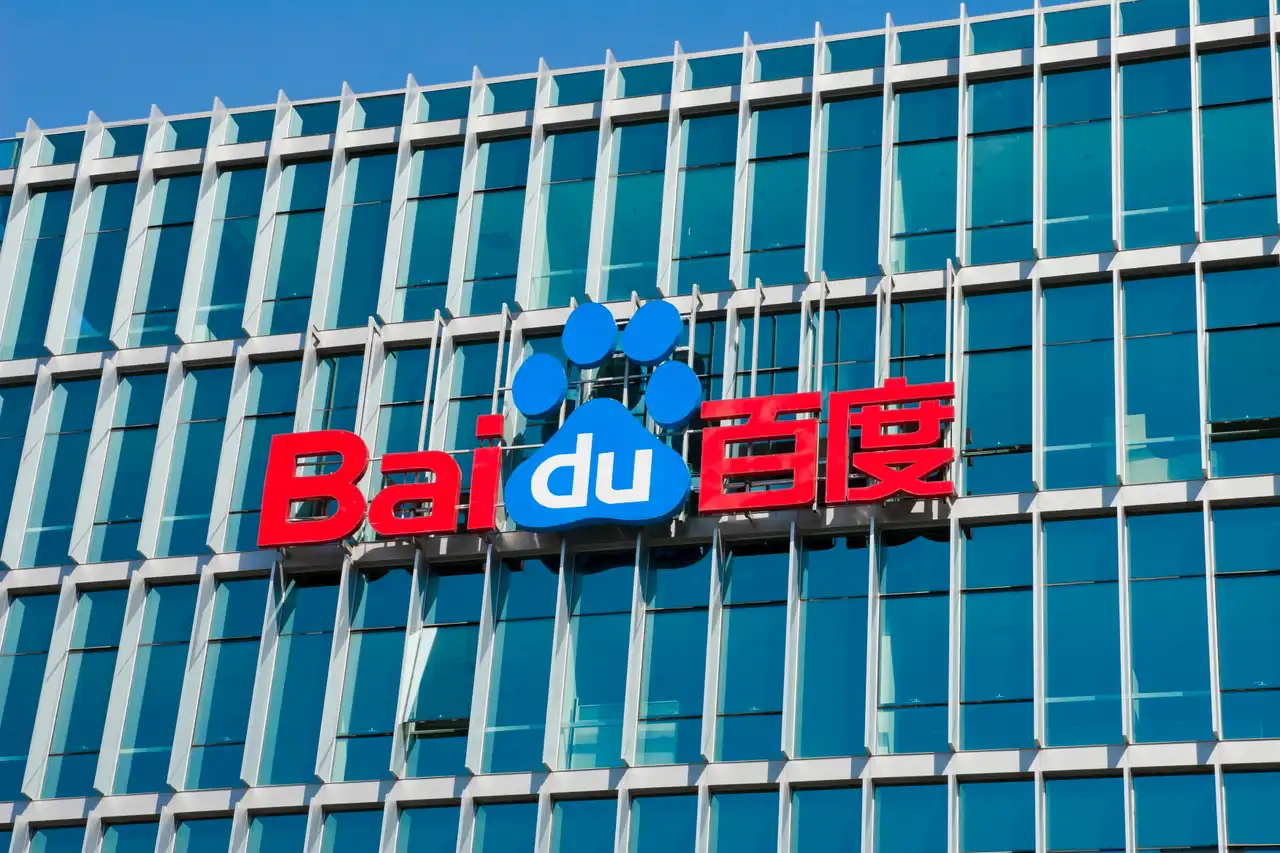Chinese tech giant Baidu is embroiled in a controversy concerning its popular Ernie chatbot, with allegations of military ties prompting the company to issue a swift and emphatic denial. This episode adds fuel to the already burning fire of the global debate surrounding ethical and responsible use of AI technology.
The claims stemmed from an academic paper published by a university affiliated with the People’s Liberation Army (PLA) cyberwarfare division. The paper mentioned Baidu’s Ernie as part of a project exploring AI applications for “military-civilian fusion,” a concept advocating for collaboration between civilian and military sectors in technological development.
Baidu responded swiftly, vehemently denying any direct or indirect involvement in military research associated with Ernie. The company clarified that it operates with transparency and adheres to ethical principles in developing its AI technology. The company further stated that any collaboration with the PLA would be subject to rigorous internal vetting and align with relevant regulations.
Despite Baidu’s denial, the incident reignites concerns about the potential for powerful AI to be repurposed for military purposes. Experts warn that AI could be used to develop autonomous weapons, enhance cyberwarfare capabilities, and even manipulate information on a massive scale. These concerns call for robust international governance frameworks and clear ethical guidelines to prevent misuse of AI technology.
The Ernie controversy also shines a light on the complex relationship between tech companies and governments, particularly in emerging economies like China. While countries often view AI as a critical driver of economic growth and national security, balancing civilian and military applications raises ethical and transparency challenges. Striking the right balance is crucial to ensure that AI serves humanity, not the other way around.
Whether the allegations against Baidu hold water remains to be seen. However, the incident serves as a stark reminder of the urgent need for global dialogue and collaboration in shaping the future of AI development. Ultimately, ensuring responsible and ethical use of this powerful technology requires a collective effort from governments, corporations, and the international community.





